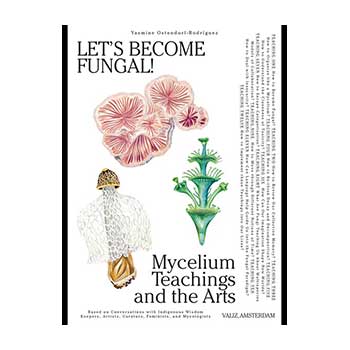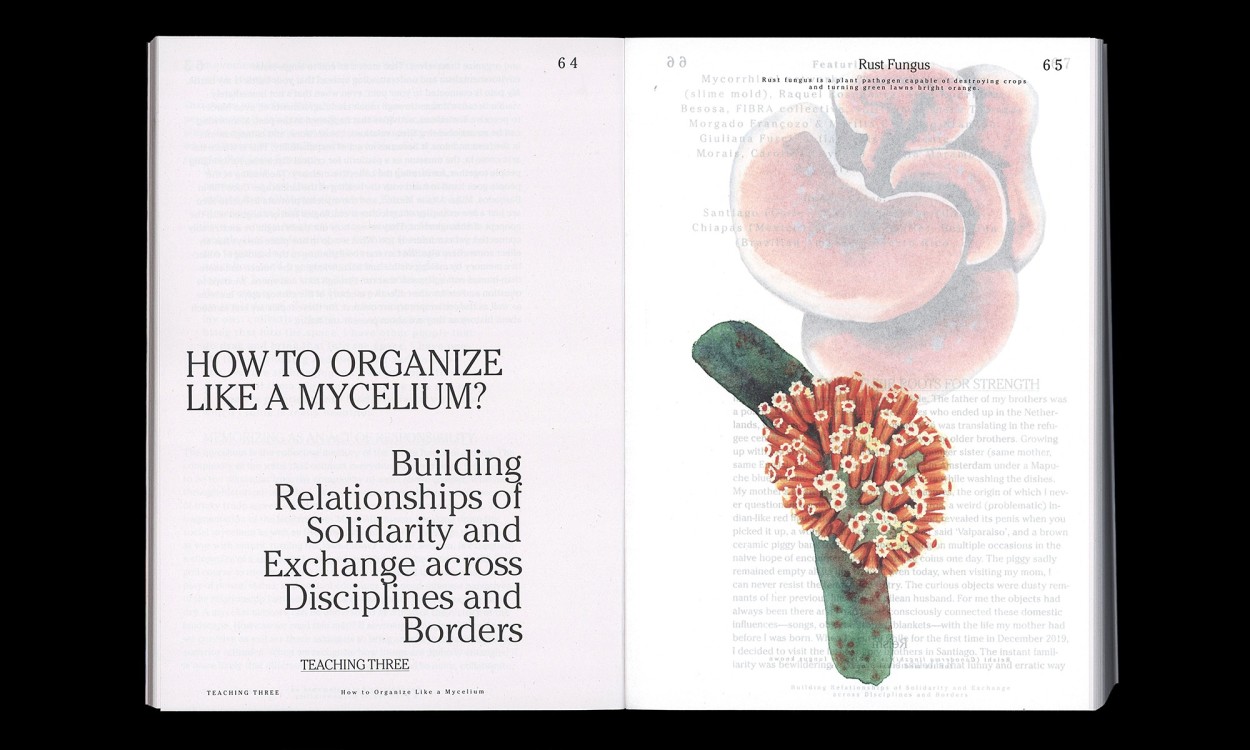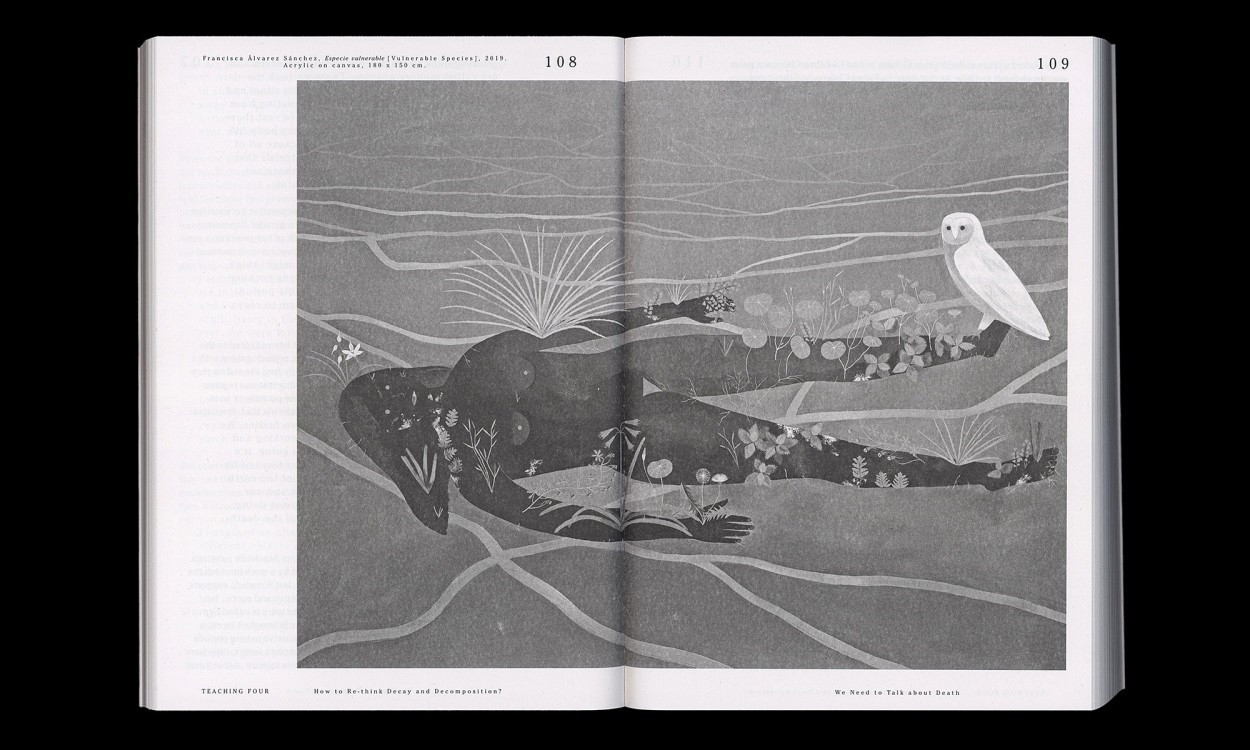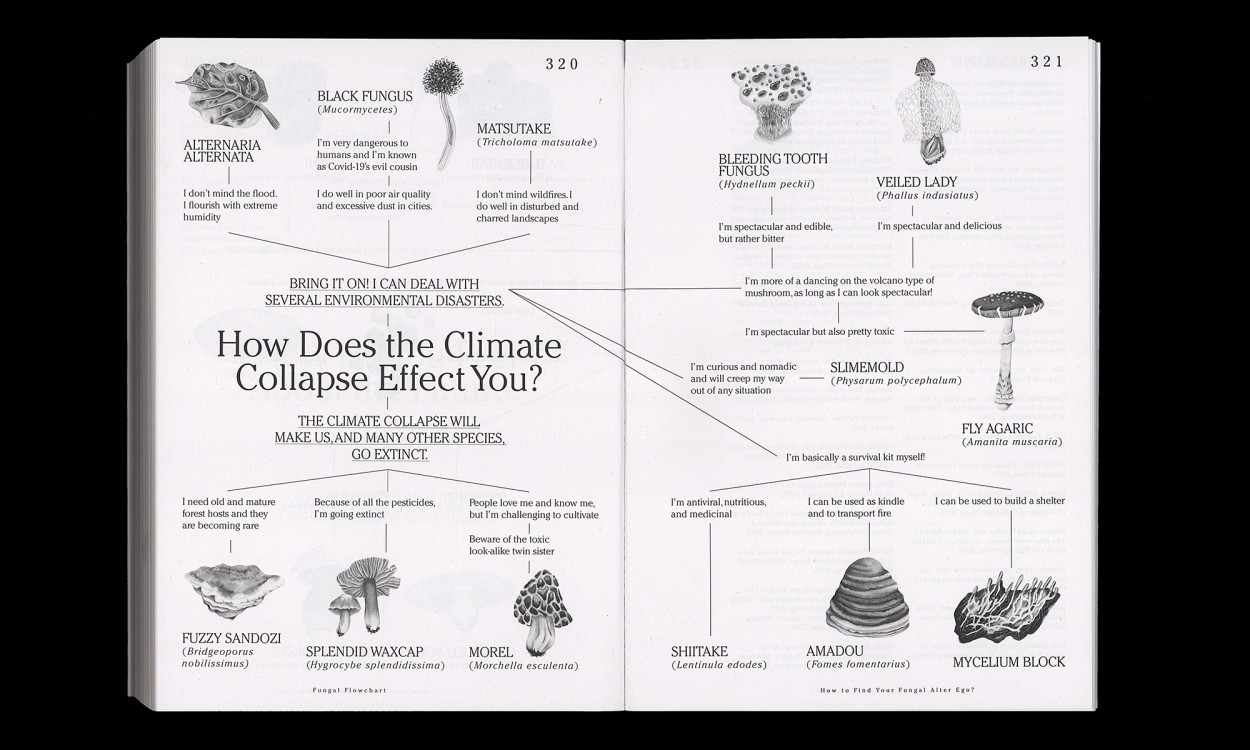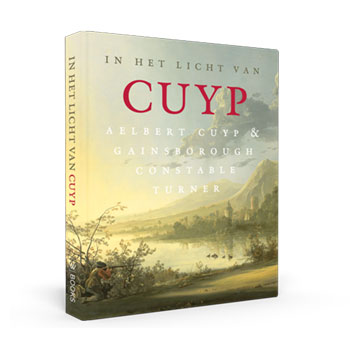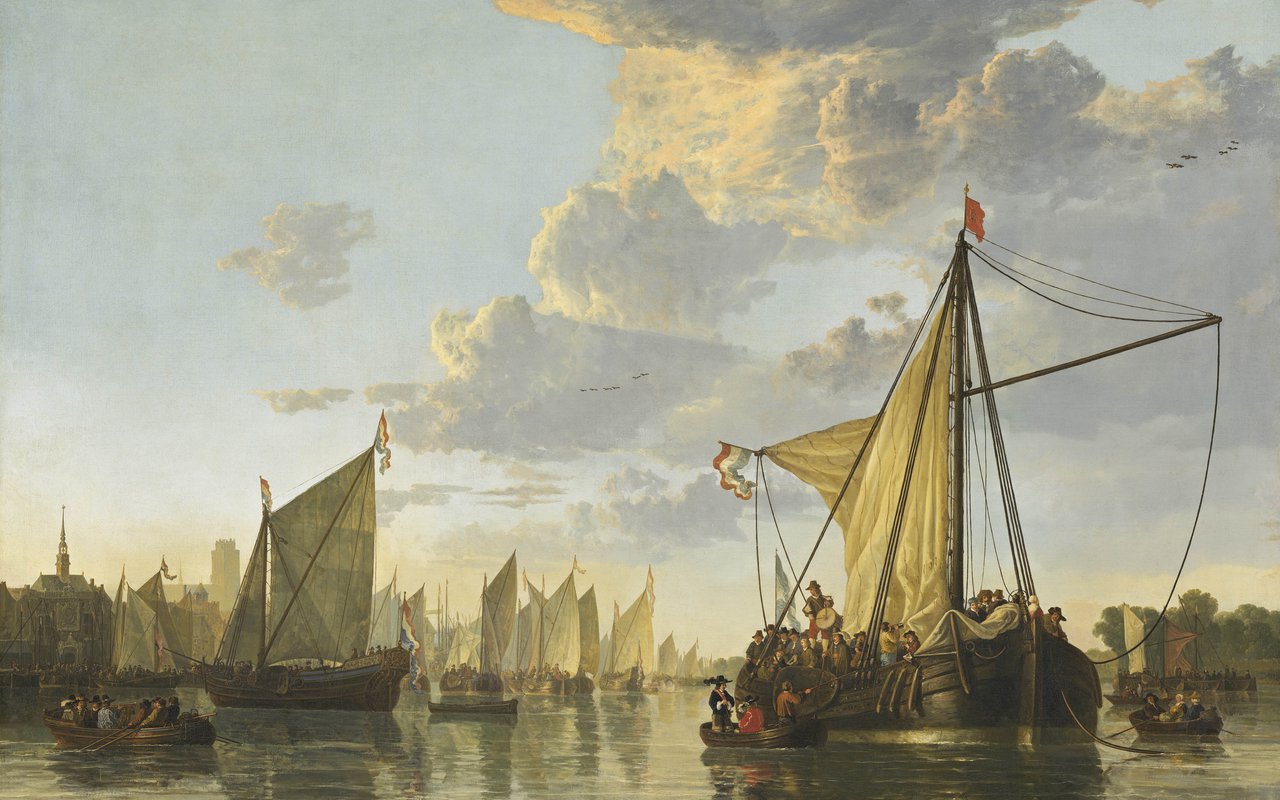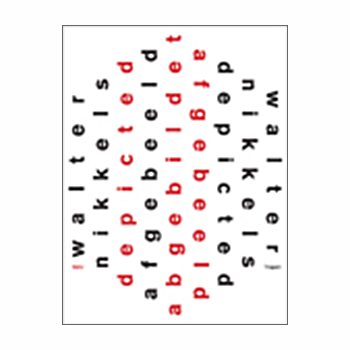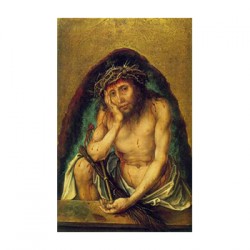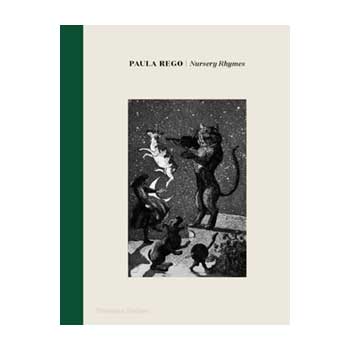Let’s become Fungal! Mycelium Teaching and the arts – Yasmine Ostendorf-Rodríguez
€ 27,00
Beschrijving
There is a growing interest in fungi and mycelium as a material, the ever-branching connecting threads of the fungal world. The entanglements and how this rhizomatic network functions is not just a fascinating ecological system and material, but carries a profound usefulness as a metaphor for our potential new systems, ways of thinking and behaviors.
Let’s Become Fungal! takes its inspiration from the world of art and mycology and shares innovative practices from Latin America and the Caribbean that are rooted in multispecies collaboration, symbiosis, alliances, non-monetary resource exchange, decentralization, bottom-up methods and mutual dependency—all in line with the behavior of the mycelium. Every chapter is phrased as a question. They do not lead to answers, but to twelve teachings addressing for instance collaboration, decoloniality, non-linearity, toxicity, mobilization, biomimicry, death, and being non-binary. Simultaneously it ventures deeper into the world of fungi.
The teachings from the fungus may inspire artists, collectives, organizations, educators, policy-makers, designers, scientists, anthropologists, change-makers, curators, urbanists, activists, gardeners, community-leaders, farmers, and many others, to become more fungal in their ways of working and being.
De fascinatie voor paddenstoelen en het mycelium (de schimmelwereld, de constant vertakkende en verbindende draden van fungi) als levend systeem blijft groeien. De verstrengelingen en hoe dit rizomatische netwerk functioneert, is niet alleen een fascinerend ecologisch stelsel en materiaal, maar draagt ook diepgaande betekenis als metafoor voor mogelijke nieuwe menselijke systemen, manieren van denken en gedragingen.
Let’s Become Fungal! is geïnspireerd door de kunstwereld en door mycologie, en deelt een scala aan innovatieve en Indigenous werkwijzen uit Latijns-Amerika en het Caribisch gebied, die geworteld zijn in samenwerking tussen soorten, symbiose, allianties, niet-monetaire uitwisseling, decentralisatie, bottom-up methoden en wederzijdse afhankelijkheid en voeding.
Elk hoofdstuk is geformuleerd als vraag. Deze leiden tot twaalf ‘teachings’, die bijvoorbeeld samenwerking, dekolonisatie, non-lineariteit, giftigheid, mobilisatie, bio-mimicry, sterfelijkheid en non-binariteit aankaarten. De teachings van de wereld van de funga kan kunstenaars, collectieven, docenten, beleidsmakers, ontwerpers, wetenschappers, antropologen, veranderaars, curatoren, urbanisten, activisten, tuinders, gemeenschapsleiders, boeren en vele anderen inspireren om meer verweven te worden in hun manieren van werken en zijn.
Engelstalig / 320 pagina’s
